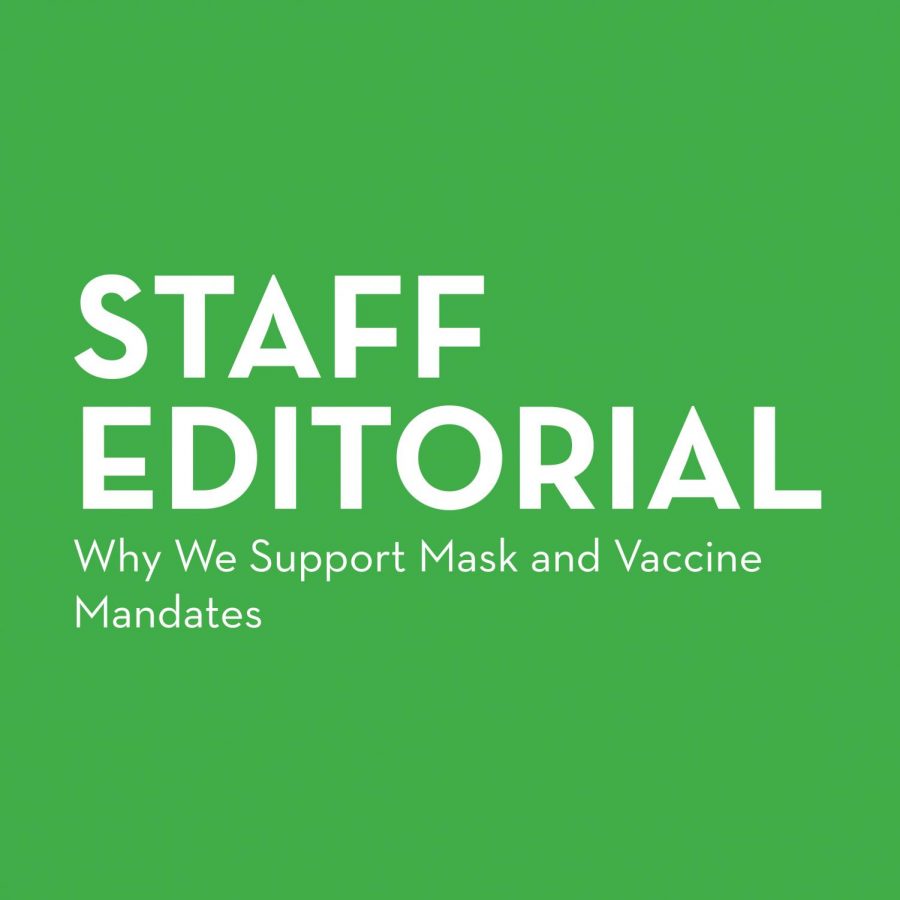Recently, as images and videos of protests across Los Angeles and beyond stretched across social media feeds and news headlines, the debate over the role of protest has resurfaced. Even local protests have emerged, causing debate in our own neighborhoods. For some, these demonstrations are inconvenient or unsettling. But to us, that discomfort is not a bad thing. We need to be uncomfortable to create the change we need. That’s the point.
As students, as writers, and as members of a democracy, we believe in the right, and duty, to protest and speak our minds. There is power in speaking out against what we know is wrong. Protesting is an essential mechanism in a functioning democracy, one that has long played a huge role in pushing social progress forward, especially when those in power resist positive change.
Protest is not perfect. It never has been. Pushing for justice will never be as tidy or convenient as those in power would prefer. It is not wrong to disturb the comfort and stand up for what is right for all. It is essential. No one, no matter how powerful, is above accountability.
Too often, protest is misrepresented in the media as chaos or disorder, even rioting, particularly when it challenges the status quo. Every right we enjoy freely, like voting, labor protections, and civil rights, was won through mass movements, persistent protesting, and, yes, disruption. Rosa Parks disrupted a bus route. Students disrupted lunch counters. Marchers disrupted bridges and streets. Protesters at Stonewall disrupted police violence with defiance and resistance. That is how attention is earned and real change happens.
We urge our community to resist the urge to judge protest solely by its disruption. Ask yourself: what conditions led us to this heated moment? What voices have gone unheard for too long? Why do people feel the need to confront their leaders like this? If people are willing to take to the streets and risk arrest, ridicule, or worse, then they likely have a very good reason.
Protest is not the enemy of peace; it is a demand for a better peace, a peace rooted in equity and accountability. We must act to create that peace ourselves. If we stay compliant and silent, we allow harm to continue in our collective name.
For students and young people who feel their voices are too small, protest in all forms offers a hopeful path forward. You don’t have to wait for power to be given to you. You can claim it with your presence, your voice, your platform, your actions, your contributions to a cause, and your willingness to take a stand. It does not always mean taking to the streets to protest in public, but making a conscious effort to educate yourself and those around you on the choices that are made. This is more than enough to make your mark.
As a publication committed to civic engagement, student voices, and democratic values, The Courier stands with those who protest, and we back the right to dissent.










